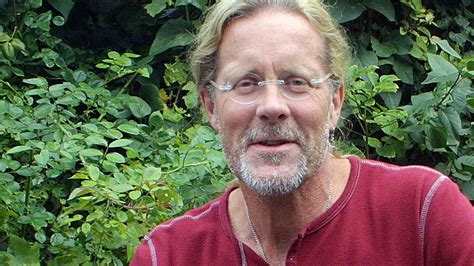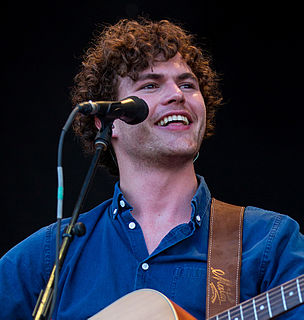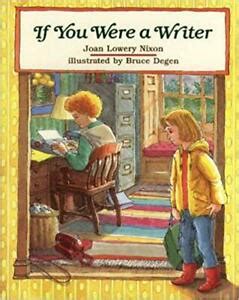A Quote by Alice Munro
I don't always, or even usually, read stories from beginning to end. I start anywhere and proceed in either direction. A story is not like a road to follow, it's more like a house. You go inside and stay there for a while.
Related Quotes
I read a lot, I always read. I like to be inside a story. When I started acting, even in high school, it sort of felt like that's as close as you can get to being inside a book, and I feel that way even with movies more so, because you've kind of created this imaginary world, and everybody is colluding to create it.
I read a lot of detective stories because they always deliver. They give you a beginning, a middle, and an end - a resolution. The modern novels I read don't always deliver because I'm looking essentially for a story. As in Shakespeare, "The play's the thing." In particular I read detective stories for pacing, plot and suspense.
I felt like this is a story in 'Life', that does not go too far away from the feeling that something like this could really happen - it's part of what makes you connect and stay with the story. The feeling of "all is good and calm" in the beginning really sets you up for when things start to go "not so good..."
At the end of whatever we're doing, I always feel like I want to go back and start over again because now I have a better sense of what it is. I feel that with everything. Like, if you're doing like a long run of a play and you're doing it seven shows a week, at the end of it, I want to go back and start from the beginning.
I let myself go at the beginning and write with an easy mind, but by the time I get to the middle I begin to grow timid and to fear my story will be too long. . .That is why the beginning of my stories is always very promising and looks as though I were starting on a novel, and the middle is huddled and timid, and the end is...like fireworks.
You're always choosing the start point and the end point. And almost by definition, the most interesting period is where something happens, as a result of which something is different at the end. And so to me, the idea that you know everything about a character at the beginning is sort of ridiculous. Something has to be revealed. I like it when the deeper you go with the character, the more you see the layers start to peel away. It's more challenging to me, but it's also just interesting. Those are the things I like to watch. I like to watch the evolutions of something.
It's hard to tell if anyone's interested in reading a serialized story. But it's interesting to put in a cliffhanger each week. That was popular in old comic strips. They'd write a weekend story different from the daily strip. So people follow one story day to day, and a separate story on weekends. If you read them, you think "I'll read two more." Then you're like "I gotta find out!" And you read 500 more.
Any time I put together a story collection, I don't know what it's going to look like overall - or even what the title story is going to be. Over time, I end up with a dozen or so stories, and I start to see a shape to them, how they fit together, and then I write stories that complement or extend that shape.





































